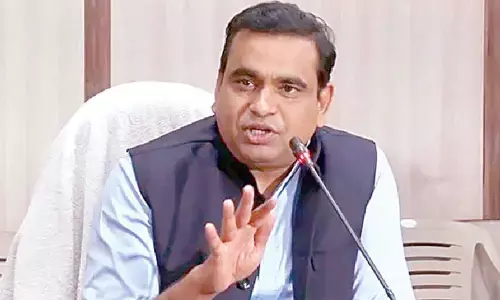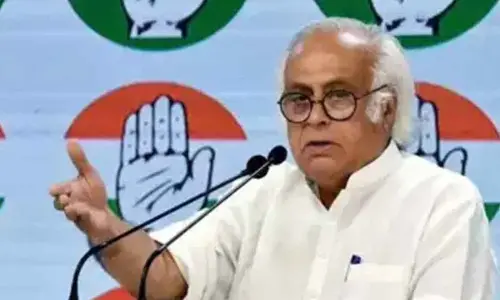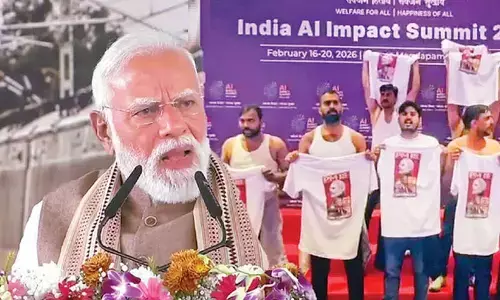Role of schools on educating students with Indian knowledge system

In the ever-evolving landscape of education, the integration of diverse knowledge systems has become imperative.
In the ever-evolving landscape of education, the integration of diverse knowledge systems has become imperative. One such knowledge system that holds the richness of our cultural heritage is the Indian Knowledge System (IKS).
Rooted in the wisdom of our ancestors, the Indian Knowledge System encompasses a holistic approach to education, addressing everything from environmental sustainability to ethical living and the sciences. This article delves into the pivotal role of schools in imparting the Indian Knowledge System to students, fostering cultural understanding, and bridging the gap between traditional wisdom and modern knowledge.
Enriching learning experiences
Indian Knowledge System is a treasure trove of wisdom that has evolved over millennia, covering a vast spectrum of subjects. From astronomy and mathematics to medicinal knowledge by Sushruta and public administration by Chanakya, Indian Knowledge System provides a comprehensive understanding of various disciplines. The ancient statues reveal the prediction of the use of mobile and rockets by our ancestors.
On the other hand, sustainable farming and irrigation techniques, still practiced in regions like the western ghats, foothills of the Himalayas, and Rajasthan, showcase the timelessness and practicality of the Indian Knowledge System.
Global recognition and reconsideration
It is a matter of pride that the Indian Knowledge System is gaining global recognition and being reconsidered for its value in contemporary education. The world is acknowledging the profound contributions of our ancestors in diverse fields, showcasing the relevance and universality of the Indian Knowledge System.
However, this re-evaluation is crucial in understanding the depth of knowledge that has been passed down through generations and its applicability in the modern era.
Gen Z’s open-minded approach
The current generation, often referred to as Gen Z, exhibits an open-mindedness and willingness to embrace the best practices, irrespective of religious or cultural origins. For instance, the widespread adoption of Khadi, a traditional Indian fabric, reflects the universality of certain cultural elements. The acknowledgment that zero was discovered by an Indian mathematician highlights the foundational role of the Indian Knowledge System in shaping the very fabric of our numerical systems. Gen Z recognizes the importance of content over origin, emphasizing a secular approach to education that values the substance of knowledge.
Performing arts and universal adoption
India’s rich cultural heritage includes diverse forms of performing arts, which have been embraced universally. The global recognition of Indian classical music, dance forms like Bharatanatyam, and traditional art forms demonstrates the universal appeal of these practices.
This openness to cultural exchange and learning reflects the progressive mindset of the younger generation. In conclusion, schools play a pivotal role in shaping the educational landscape and can significantly contribute to the preservation and dissemination of the Indian Knowledge System. By incorporating the Indian Knowledge System into the curriculum, schools can enrich students’ learning experiences, promote cultural understanding, and bridge the gap between traditional wisdom and modern knowledge. As the world acknowledges the value of the Indian Knowledge System, it is essential for educational institutions to embrace this holistic approach and empower future generations with the profound wisdom embedded in our cultural heritage.
(The author is VP Academics, Orchids The International School )











